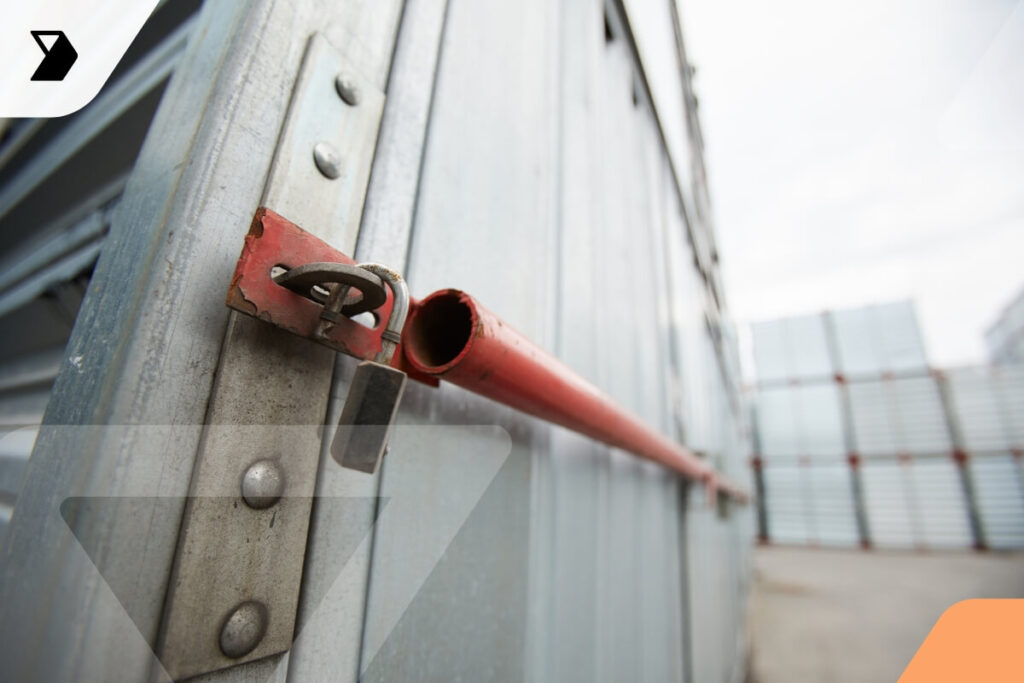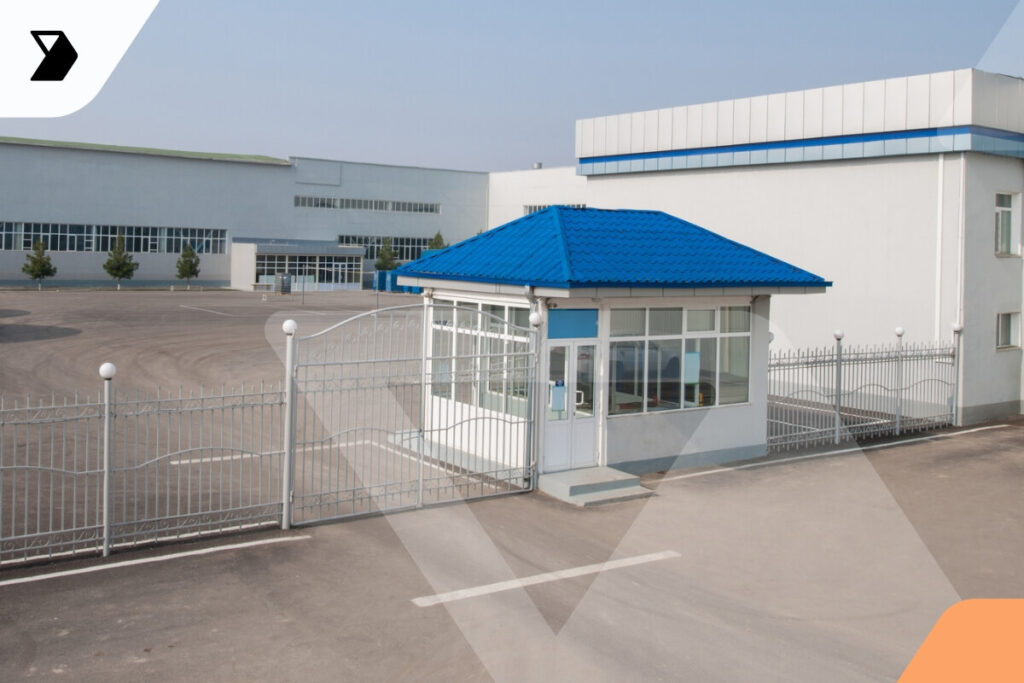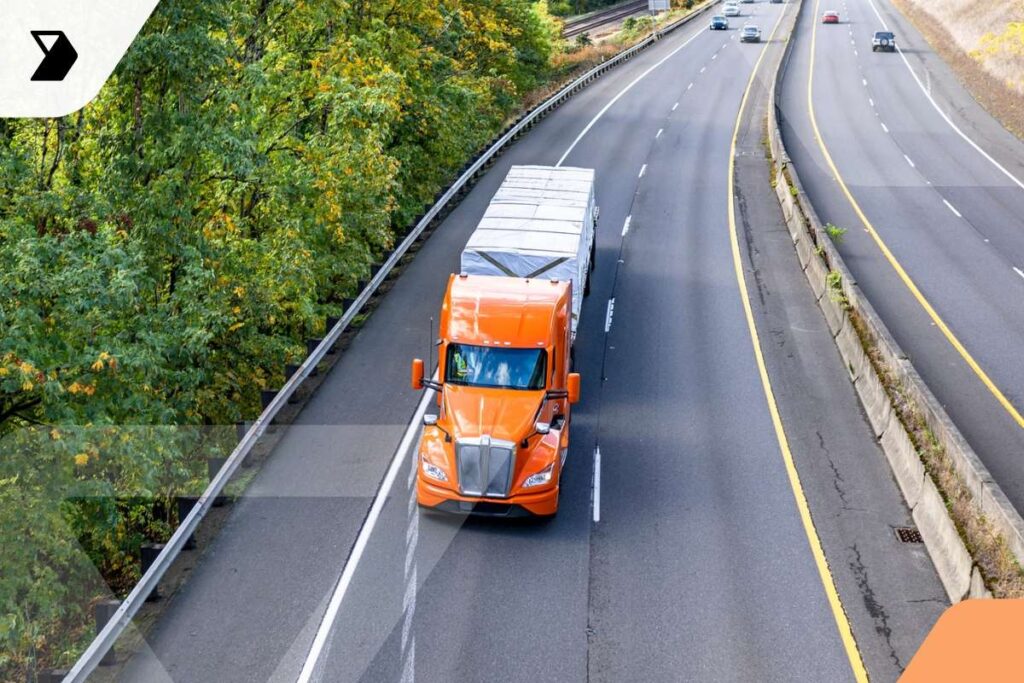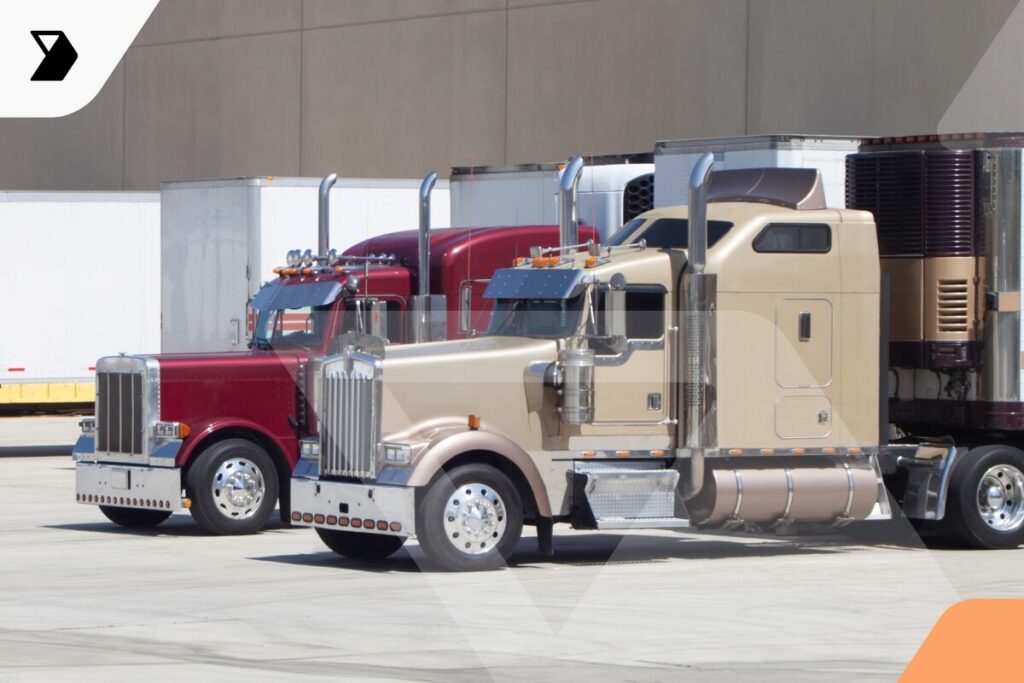How Blockchain Technology Is Streamlining Logistics with Noblis’ Dr. Karl Wunderlich
When you think about blockchain, your mind might immediately go to cryptocurrency billionaires and bitcoin.
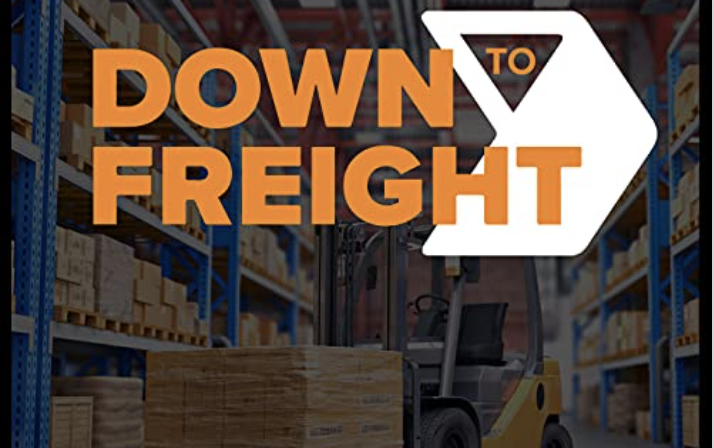
But according to Dr. Karl Wunderlich, Director of Surface Transportation at research and development nonprofit Noblis, this increasingly pervasive technology has application in the logistics realm.
Check out our podcast to unravel some of the mystery around blockchain and discover how it can increase efficiency in transportation.
What Is Blockchain?
For those of you who are a little fuzzy on the details of this seemingly complex technology, Wunderlich offers a quick and practical primer on blockchain and its application to transportation. “It’s like a big, shared spreadsheet that everybody in the community uses to record and monitor transactions,” says Wunderlich.
Within this shared ledger, every transaction is a contract between the parties involved. When the work is done, value is exchanged. And that value can take shape monetarily, or as an endorsement of reliability–similar to a rating you might give an Airbnb host.
Skeptical of the security of a “shared spreadsheet”, which includes high-value transactions along with performance ratings? This is where cryptography comes into play.
Hashing techniques and other methods can be used to ensure all shared data is secure.
How Can Blockchain Transform the Transportation Industry?
Seamlessly Manage Supply Chain
According to Wunderlich, the most prevalent use of blockchain technology in supply chain management is chain of custody. When goods are being handed off from one entity to another, these transactions can be embedded into a distributed ledger, which operates much like the shared spreadsheet example used above.
Companies are already using this technology to develop smart contracts that improve their chain of custody management for high-value cargo.
Enhance Collective Maneuver Planning
Transporting cargo takes a massive amount of coordination and collaboration among humans and machines. Noblis specializes in this particular area of research–autonomous or highly autonomous vehicles using blockchain to enable maneuver planning in areas where there is high contention for space.
This could be as simple as an intersection on the road, or as complicated as managing cargo and vehicle movement at a distribution center used by multiple vendors.
When Will These Technologies Be Ready for Prime Time?
Exploring Near-Term Solutions
At Noblis, the goal is to investigate innovations that could happen five, 10, and 20 years into the future. In particular, they are studying how machines can, with minimal human intervention, negotiate complex maneuvering scenarios on their own.
And according to Wunderlich, places where access is tightly controlled and vehicles move slowly, such as a distribution center, are safe testing grounds. Autonomous vehicles could easily navigate an environment like this and utilize a blockchain technology-enabled reservation system.
It’s a development that could happen three-to-five years in the future.
Looking to the Future
As autonomous vehicles become more sophisticated over the coming years, we’ll see a steady transition from human to machine in the realm of transportation planning. But Wunderlich offers a word of caution, especially when it comes to the use of autonomous vehicles on shared roads and in cities–environments anyone can access, have multiple variables, and where human life is at stake.
“When artificial intelligence encounters something it hasn’t seen before, it can’t predict exactly what the reaction will be,” says Wunderlich. Adoption of autonomous vehicles in these environments should be slow, with plenty of rigorous testing.
For more on how blockchain is impacting transportation, tune in to our Down to Freight podcast, where we sit down with transportation, logistics, supply chain, and warehousing subject matter experts to discuss the Digital Transformation Project.
“Right now, with access to autonomous vehicles, you could have a blockchain solution managing access to shared distribution center spaces that are, in turn, getting more efficient and safer, with more predictable access to resources.” -Dr. Karl Wunderlich.
Subscribe to stay updated on Vector and logistics trends
" " indicates required fields
Continue reading
Ready to transform your supply chain?
Increase efficiency and productivity. Say goodbye to delays, handwriting errors, and time-intensive manual data entry.

